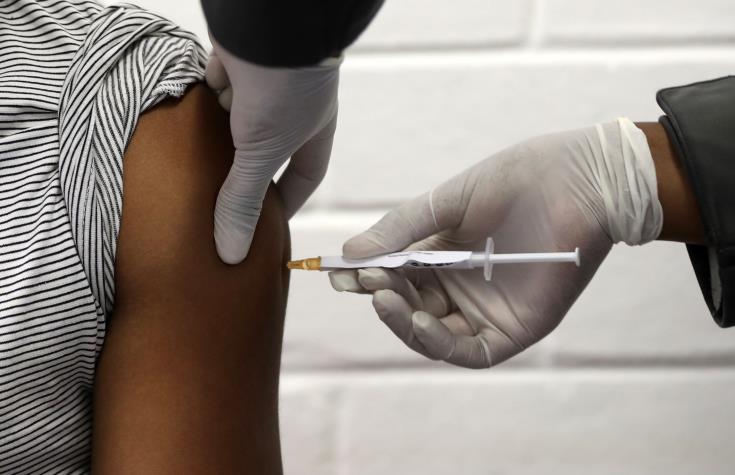The Commission continues to discuss similar agreements with other vaccine manufacturers.
The European Commission reached a first agreement on the purchase of a possible vaccine against the new coronavirus on Friday.
In particular, the Commission reached an initial agreement with the pharmaceutical company AstraZeneca to purchase a possible vaccine against Covid-19, as well as for donating vaccines to low- and middle-income countries or for redirecting them to other European countries.
The agreement follows the positive steps of concluding exploratory talks with Sanofi-GSK, as announced on 31 July, and with Johnson & Johnson, as announced on 13 August. The Commission has now agreed on the basis of a contractual framework so that, once the AstraZeneca vaccine proves safe and effective against Covid-19, to buy 300 million installments on behalf of EU Member States, with the option to buy 100 million additional installments. The Commission continues to discuss similar agreements with other vaccine manufacturers.
"The European Commission's intensive negotiations are still yielding results. Today's (15/8) agreement is the first cornerstone in the implementation of the European Commission's vaccine strategy. "This strategy will allow us to provide vaccines to Europeans in the future, as well as to our partners in other parts of the world," said Commission President Ursula von der Leyen.
"After weeks of negotiations, we have concluded the first pre-purchase agreement for a vaccine from the EU. I would like to thank AstraZeneca for its constructive cooperation in this important agreement for our citizens. "We will continue to work tirelessly to include more vaccine candidates in the EU's broader portfolio of vaccines. The safest exit strategy to protect our citizens and the rest of the world from coronavirus remains a safe and effective vaccine," she said. European Commissioner for Health and Food Safety, Stella Kyriakidou.
The approved agreement will be funded by the Emergency Support Instrument, the funds of which will be used to create a portfolio of potential vaccines with different profiles and manufactured by different companies.
The AstraZeneca candidate vaccine is already in phase II / III with large-scale clinical trials, following the promising phase I / II results in terms of safety and immunogenicity.
The decision to support the vaccine proposed by AstraZeneca is based, inter alia, on a sound scientific approach and the technology used, the scale of delivery, the cost, the risk-sharing, the responsibility and the capacity to supply the vaccine to the EU as a whole.
Regulatory procedures will be flexible, but will remain strict. Together with the Member States and the European Medicines Agency, the European Commission will use the existing flexibility of the EU regulatory framework to accelerate the approval and availability of successful vaccines against COVID-19. These include the rapid approval process and the flexibility of labeling and packaging.
cnn.gr
